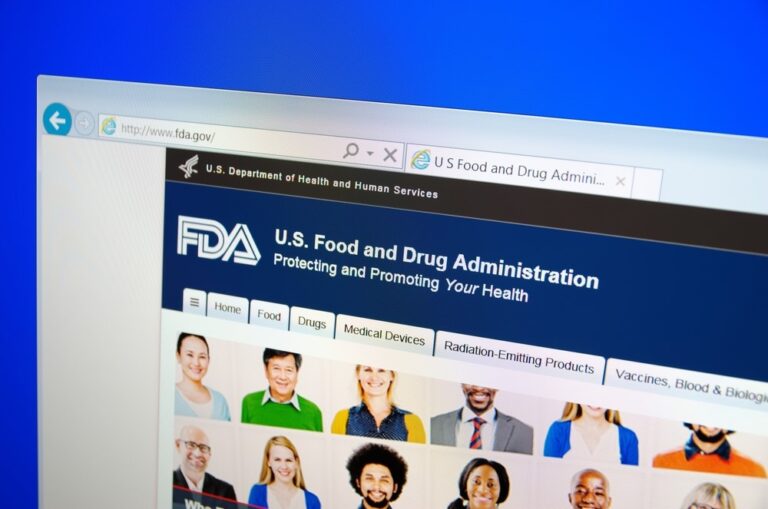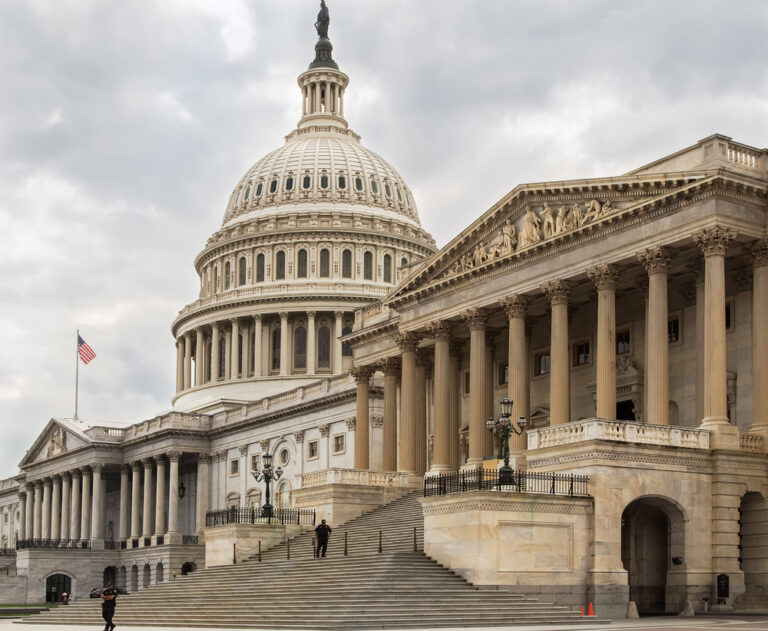Nov. 10, 2016 – As FDA Commissioner Robert Califf described the issues surrounding the communication of off-label uses as “numerous and complex” and cautioned that there are many instances where unapproved uses are “unsafe and ineffective,” industry speakers at an FDA hearing held Nov. 9 called on the agency to take immediate action and provide clear guidance that would allow medical product companies to furnish truthful and non-misleading information about off-label uses to healthcare professionals and payers.
Califf’s welcoming remarks and questions to speakers throughout the day seemed to reflect the agency’s ongoing concerns that promoting products for unapproved uses “without generating sound science” would “compromise FDA approvals and could cause harm.” He also stated that “off-label use is associated with more adverse events” and that the “public health stakes are high.”
However, industry speakers argued that off-label use is legal, that industry’s speech about off-label use is protected by the First Amendment as long as that speech is truthful and non-misleading, and that the FDA should stop dragging its feet on providing detailed guidance on how to discuss unapproved uses without being subject to an FDA enforcement action.
“The FDA should establish a clear and safe harbor to share information with healthcare professionals and payers outside of FDA approval,” said Covington & Burling’s Michael Labson, speaking on behalf of the Pharmaceutical Research and Manufacturers of America (PhRMA). He advised the FDA to “take action now” in a step-wise fashion, that drug companies are “in a unique position to provide information” and that the health system would benefit “if companies could share more accurate, data driven information.” Labson told the FDA panel that “FDA’s regulatory approach … must evolve to provide a mechanism to communicate in a responsible … way.”
Biotechnology Innovation Organization’s (BIO’s) E. Cartier Esham stated in her testimony that industry’s ability to share accurate information about the unapproved uses of their products would “change patient access to and value from their medicines” because it would “more fully inform treatment and coverage decisions.” Califf’s skepticism regarding this benefit came through in a question to Esham that essentially stated that an alternate pathway to seeking approval of the unapproved use would result in a company keeping “the information to itself without going through peer review.”
Advamed’s Khatereh Calleja also emphasized “the importance of timely action” to promote communication of off-label uses that would “support value-based care, improve the quality of care and reduce its associated expenses.”
Coleen Klasmeier, speaking on behalf of the Medical Information Working Group (MIWG), admonished the FDA for failing to issue guidance on several topics that it agreed should be issued in response to citizen petitions and a white paper submitted to the agency by MIWG between 2011 and 2014. Klasmeier stated that the Nov. 9-10 hearings should not be used to justify any further delay in issuing guidance and noted that “speech is unduly chilled” due to a lack of clear guidance, so the FDA “should publish the guidance immediately.”
When Califf asked if information about unapproved uses causes harm, Klasmeier countered that current FDA policy is denying the public information, which can cause harm. “The First Amendment and our view of public health align,” she said. “More information equals better care.”
The FDA’s position on this and related issues often is conveyed by draft guidance, which leaves industry with a muddled idea of what is acceptable and what is not, according to Coalition for Healthcare Communication Executive Director John Kamp. “Sponsors know the most about their drugs and their hands must not be tied behind their backs,” he told the panel, adding that in addition to recognizing companies’ First Amendment right to speak, the agency also must consider the Fifth Amendment’s due process clause, which states that all rules must not be “void for vagueness.”
“Vague rules are an important problem for us,” Kamp said, because they cause industry to behave in a “hyper-conservative” manner. “It’s time for the FDA to act,” he continued. “This has been the subject of discussion for 20 years.”




